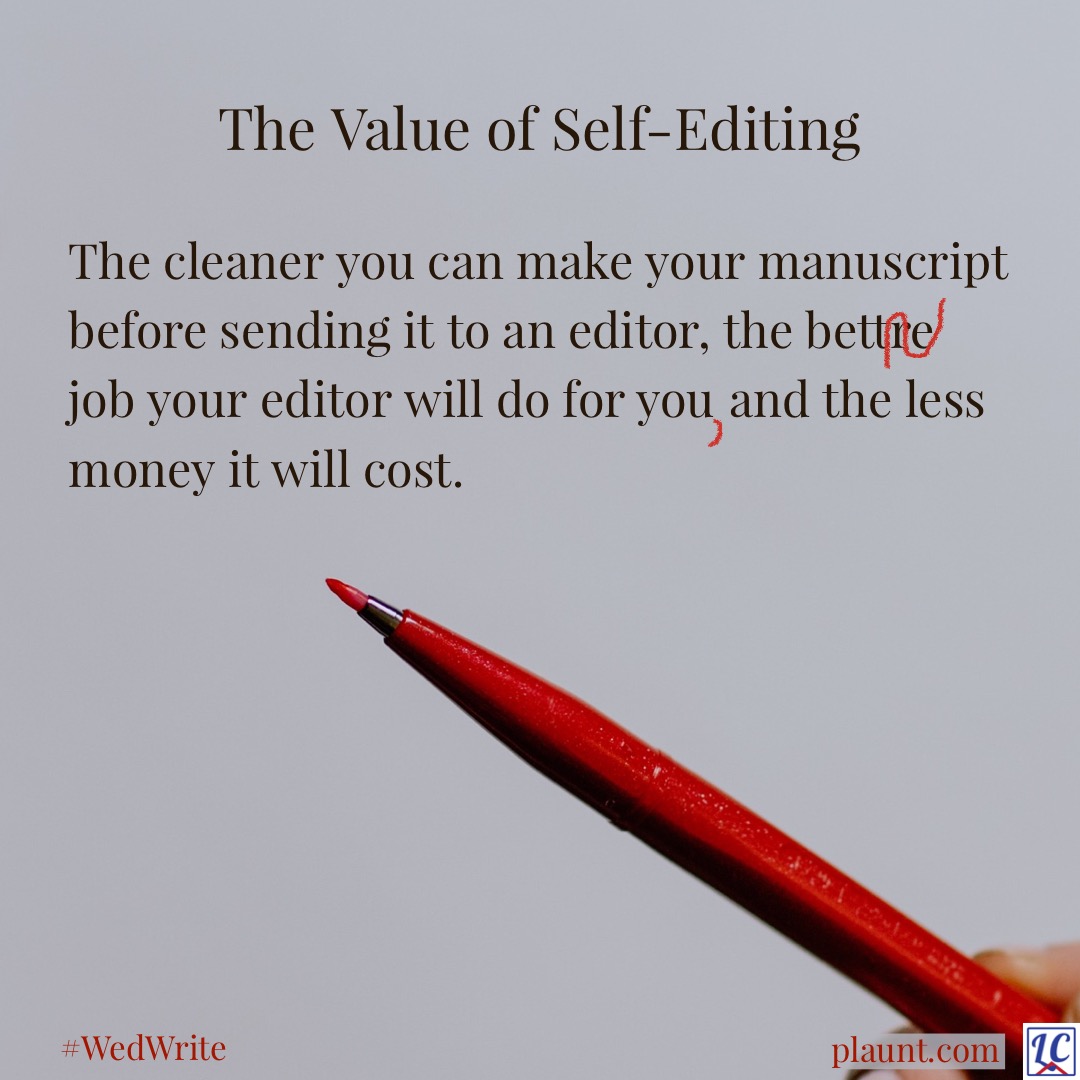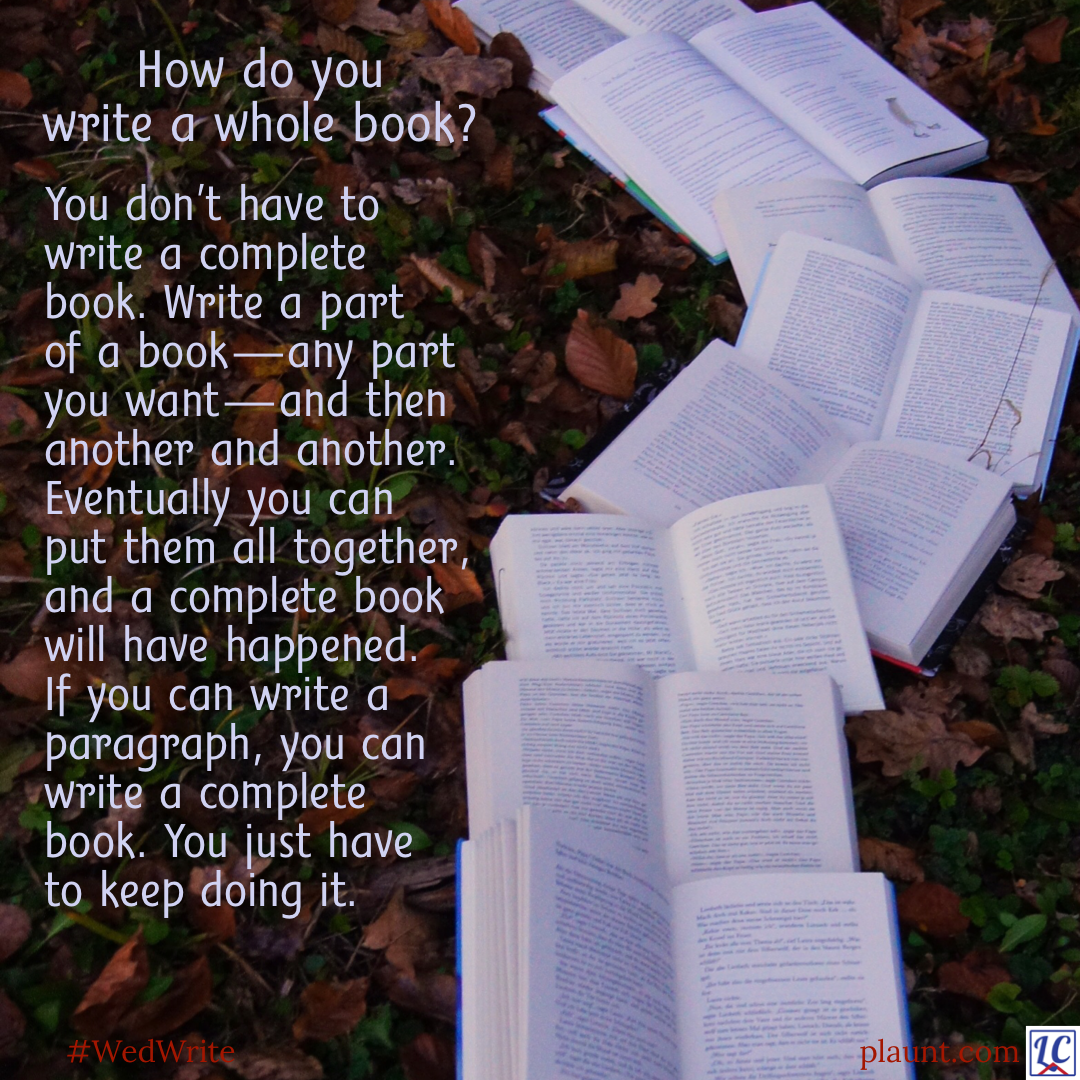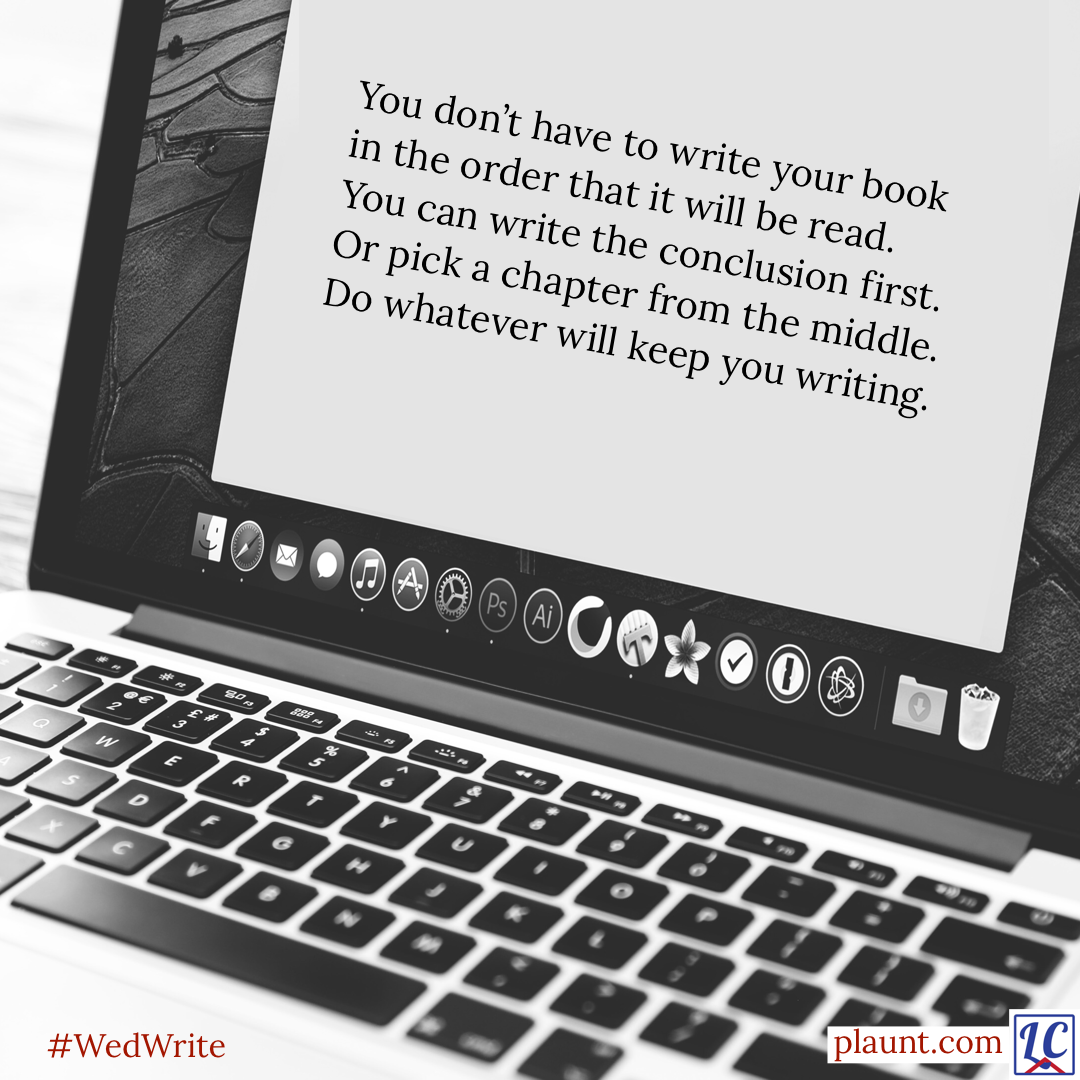What fills your tank? What keeps you going?

What fills your tank? What keeps you going?

Sometimes in my conversations with authors, I find out that their families don’t support them. Often family members don’t understand, and sometimes they actively oppose the authors’ work. I’ve heard authors say that their spouse forbids them to write. I find that very sad, and I’m frustrated on their behalf. These are people who work full-time jobs to pay the bills, participate in family activities, and just want an hour or two of alone time each week. I wonder if they would be allowed to have a hobby other than writing. Would they be allowed to watch sports on TV? Play a musical instrument? Go jogging? Read? Or are they not entitled to any time to pursue their own interests no matter what they are? If this describes you, I want to remind you that your writing matters. Don’t give up!

Tell me about your work in progress. Is it fiction or nonfiction? What genre? Funny, dramatic, suspenseful…?

How do you keep track of all your ideas? Share in the comments to inspire others.


Writers need readers, and readers need writers.
[Alt Text:
There’s a brand new source for readers to get free and discounted books.
You provide your email address and choose the genres you like to read.
Every Friday, they send you a list of books you might like.
You download your books from Amazon. (More retailers are coming soon.)
Sign up at https://www.hellobooks.com
I did!]
Although it is an editor’s job to catch all of your mistakes and omissions, editors are still human. The more overwhelmed they are with all the little things that you could have fixed yourself, the less energy they will have for the things you wouldn’t have caught. Help them to help you by making your manuscript as clean as possible.

How do you run a marathon? One step at a time. Any major project takes time, commitment, and consistent effort. You can’t just snap your fingers and have a completed project. But you can create big things one small piece at a time.


I don’t have a PhD, but I do have a Master of Education degree, and the focus of my education and teaching experience has been language. Specifically the mechanics of language—grammar, spelling, and punctuation. I very likely have spent a lot more time studying grammar than Dr. Jess-Cooke has, and I had never heard of a fronted adverbial before either.
I have been a language teacher for almost three decades. I have taught parts of speech to many people, in large classrooms and in individual tutoring sessions, in two languages. This term was new to me.
It turns out that what it represents is not new; it just has a new name. When I went to school, “adverbial” was an adjective, and it has been used to mean “pertaining to adverbs” since at least the early 1600s. I don’t know when “adverbial” began to be used as a noun. The only entry in my etymological dictionary is for the adjective, and Google’s Ngram Viewer only shows the word without delineating the part of speech.
If we wanted to express that a group of words was being used as an adverb, we called it an adverbial phrase or an adverbial clause (depending on the function of the words in the adverbial grouping). If there was one single word, we called it an adverb.
Adverbs, and any grouping of words used as adverbs, are mostly used to modify—add more information to—verbs. They can also be used to modify adjectives and other adverbs. Where they are placed in the sentence does not affect their function. It may affect the flow and interest of your sentence, and they do need to be placed in a way that makes it clear what they are modifying, but there is no real-life quota for the percentage of adverbial phrases you should use or where you should place them.
I don’t think the use of the word “fronted” makes this term any clearer, and I think there are simpler ways to express it, but I won’t elaborate on that in this post. Here is the answer you’ve been looking for: A fronted adverbial is an adverbial phrase that is used at the beginning of a sentence.
